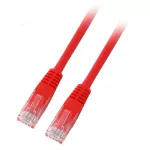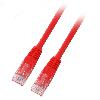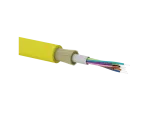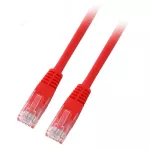Filters
Cables and wiring
Some words entered by you are too short. System will search only for words at least 3 characters long, shorter words will not be searched.
You have entered some words multiple times. We'll skip the recurring ones.
Search results
Found: 85516
| page 159 of 3421
| on page: 25
Cables and wiring
In a broad sense, cables and wiring are found in almost all electrical/electronic devices that accompany us in our daily lives. In the electrical industry, it is accepted that a cable is an outdoor conductor (e.g. a buried cable or an overhead cable) and often has a black sheath (e.g. YKY), as opposed to the white sheath of indoor wiring (e.g. YDY). In general terms, the term ‘cable’ refers to the structure itself, while ‘wire’ refers to the function performed. Where the properties of general-purpose cables do not meet the requirements (such as flame retardancy), power cables are used for special applications, which include cables with retarded flammability (halogen-free cables). Cables and wiring can be divided according to the type of conductor used in them: copper or aluminium for electricity, and fibreglass, plastic or semiconductor (optical fibre) for data transmission.




















